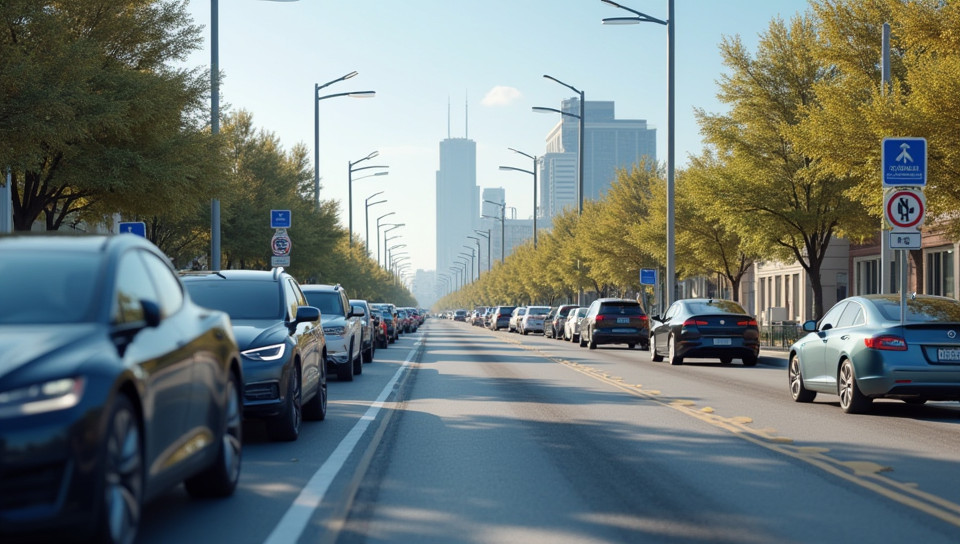Limited charging infrastructure holds back widespread electric vehicle adoption 86%

The Roadblock to Electric Vehicle Uptake: Limited Charging Infrastructure
As we continue to navigate the complexities of climate change and sustainable transportation, one crucial factor stands out as a significant barrier to widespread electric vehicle adoption: limited charging infrastructure. While many governments and corporations have set ambitious targets for EV penetration, the lack of accessible and reliable charging stations hinders the transition to electric vehicles.
The Charging Conundrum
The issue is multifaceted:
- Inadequate public charging points in rural areas leave many drivers without convenient access.
- Long waiting times at existing charging stations frustrate users and deter potential adopters.
- A lack of standardization across different charging networks creates confusion among consumers.
The Economic Impact
A study by the International Energy Agency (IEA) found that investing in EV infrastructure could create jobs, stimulate local economies, and even help reduce greenhouse gas emissions. However, without sufficient investment, the growth of electric vehicle adoption will be stifled, resulting in missed opportunities for economic growth and environmental benefits.
The Environmental Consequences
As more people turn to gasoline-powered vehicles due to limited charging options, we risk perpetuating our reliance on fossil fuels and prolonging the negative impacts on air quality. Moreover, the lack of widespread EV adoption means that the production of internal combustion engines will continue, resulting in increased greenhouse gas emissions.
A Call to Action
To overcome these challenges, governments, private companies, and consumers must work together to build a robust charging infrastructure network. This can be achieved through:
- Investing in public-private partnerships to develop and maintain charging stations.
- Encouraging the installation of home charging units for residential use.
- Promoting the adoption of fast-charging technologies that minimize waiting times.
Conclusion
The limited charging infrastructure is a critical roadblock to widespread electric vehicle adoption. Addressing this issue requires a collaborative effort from governments, corporations, and individuals. By investing in a comprehensive charging network, we can unlock the full potential of electric vehicles, reduce our reliance on fossil fuels, and create a more sustainable transportation future for generations to come.
- Created by: Alicja Jankowski
- Created at: Aug. 14, 2024, 11:31 p.m.
- ID: 7188






